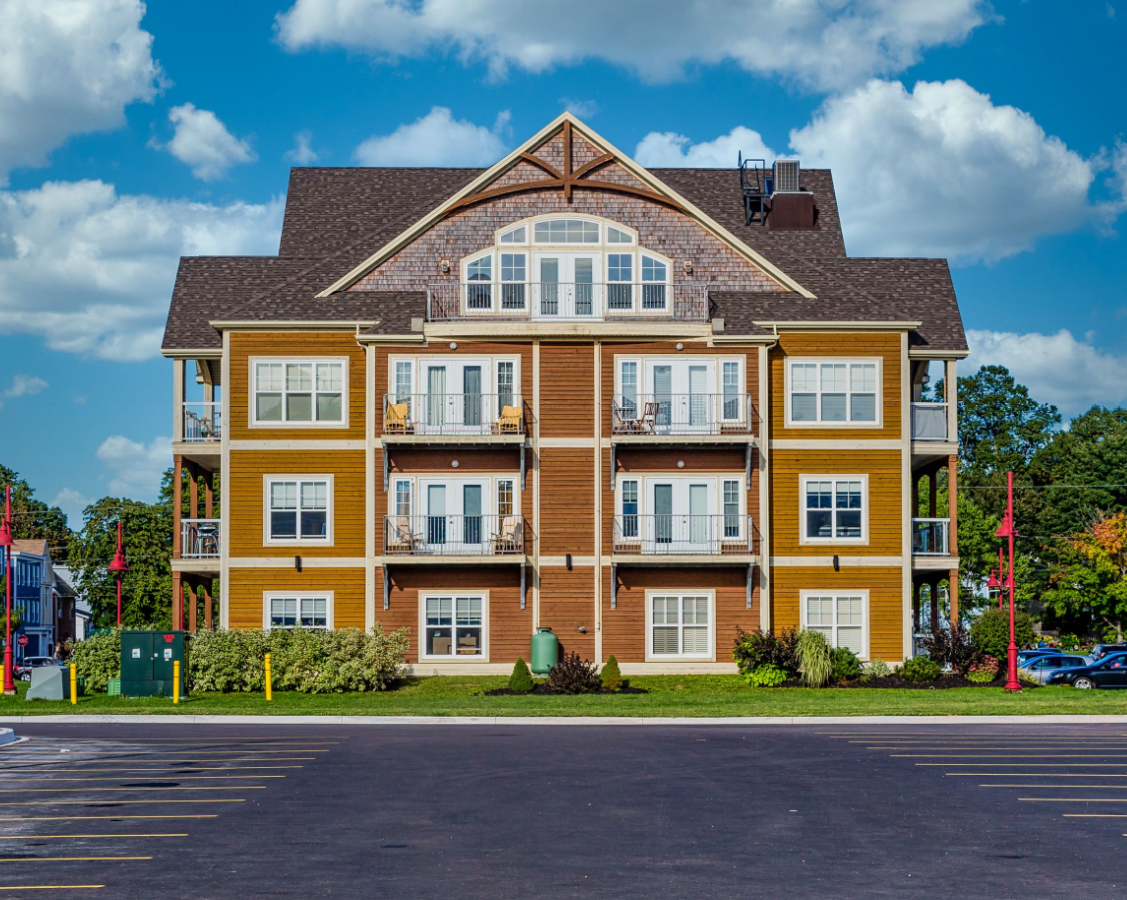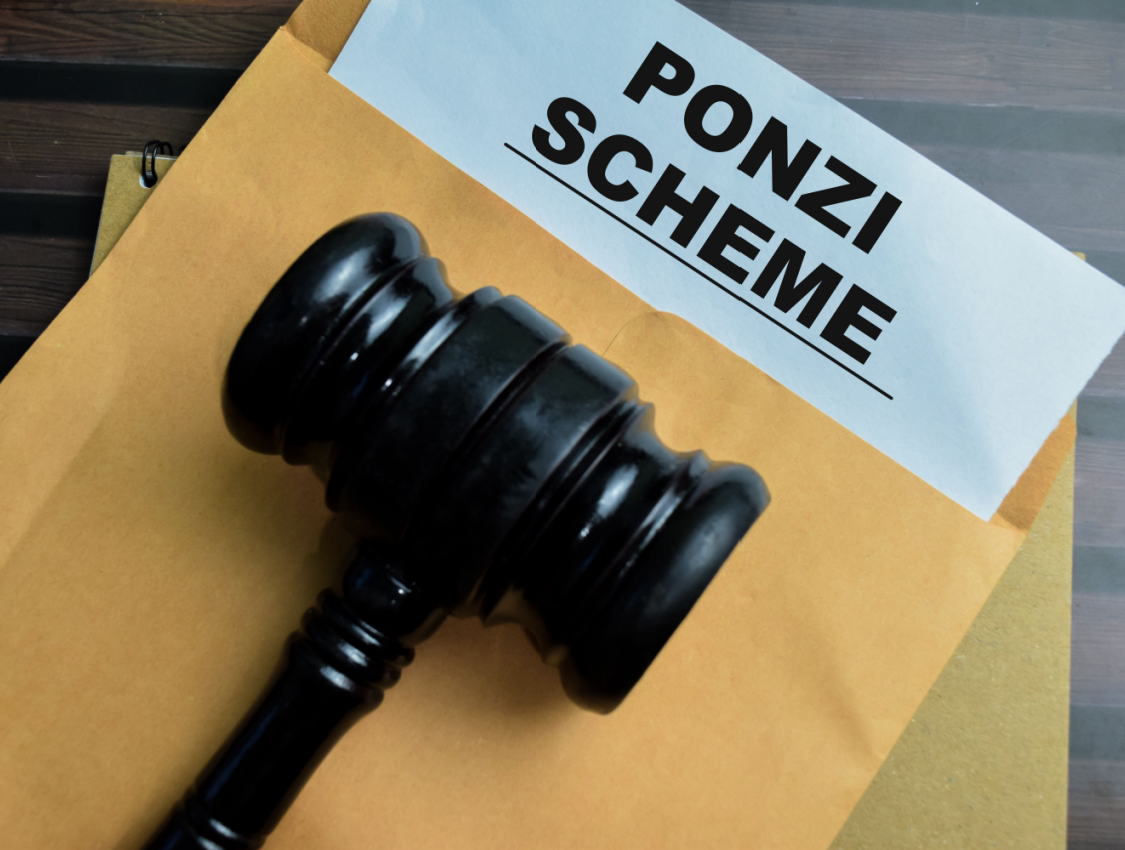Avoiding Common Landlord Liabilities
 Whether you are a new landlord, an accidental landlord waiting for the market to recover before selling a house, or an expert in the business, it is important to take a few minutes to consider some of the common risks that come with owning a rental property, and adjust your strategies to meet these demands.
Whether you are a new landlord, an accidental landlord waiting for the market to recover before selling a house, or an expert in the business, it is important to take a few minutes to consider some of the common risks that come with owning a rental property, and adjust your strategies to meet these demands.
Tenant Injuries
When a tenant is injured in a rental property — from a fall, an intruder, a dog — the first instinct is to blame the landlord. Avoid these common premise liability claims by inspecting the property regularly, and mitigating dangers around the property.
In some cases, that is as simple as warning the tenants about a known hazard, as in the case of a Houston landlord ordered to pay a $20 million judgment for failing to warn a female tenant that a sexual assault had occurred nearby just days earlier.
Environmental Hazards
Federal and state laws hold a landlord accountable for disclosing certain conditions on the property like lead paint in older homes, or the presence of mold. More recent ordinances require landlords to disclose if drugs were manufactured at the property. Local laws may require disclosure of recent bed bug infestations, and others require a statement regarding the presence of second-hand smoke.
Research the requirements in your area, download the necessary disclosure forms, and distribute the information to your tenants as required by law.
Tenant Crime
It is imperative to check the criminal history on every applicant before they move in, and routinely throughout a long-term tenancy. This is a must not only for multifamily rentals, but for single-family homes as well. If a landlord rents to a dangerous criminal, a neighboring resident may have a claim against the landlord for negligence.
A number of cities recently have enacted penalties against landlords if tenants are repetitively in trouble with the police.
Fire Mitigation
Following local building codes is one of the best way to minimize injuries from fire. Others precautions include property inspections, and instituting a non-smoking policy throughout the property.
Discrimination
Virtually every landlord falls under federal, state or local laws prohibiting discrimination when it comes to housing.
Common cases prosecuted today involve race, families, and persons with disabilities requesting companion animals. Landlords often land in hot water for falsely claiming that a vacancy has been filled to discourage a particular applicant.
It is important for all landlords to understand what behavior is prohibited, and avoid stating preferences which violate the law.
Carry Insurance
Despite the growing costs of property insurance, landlords should not risk being uninsured. Even if they have enjoyed years of trouble free tenants, the costs of defending even one lawsuit can be significant.
Shield Your Assets
In many cases, a landlord can shield personal assets not related to the rental property in the event of a lawsuit. Many choose the LLC route, and experts suggest forming a separate corporate entity for each property owned. For more, see Forming a Real Estate LLC. It is important to note that forming the entity before purchasing property may be significantly easier than transferring property, especially if it is subject to a mortgage.
With AAOA, landlords have resources at their fingertips. Check out our Landlord Forms page.
American Apartment Owners Association offers discounts on products and services for landlords related to your rental housing investment, including rental forms, tenant debt collection, tenant background checks, insurance and financing. Find out more at www.joinaaoa.org.















 Accessibility
Accessibility